Cricket Scandals: How a Hotel Bill Exposed Marlon Samuels’ Bookmaker Links
Marlon Samuels, the former West Indies cricket player, has been a part of the team's crucial wins with his batting skills. He has been able to dominate across all the formats of the game, whether it is Test, ODI, or even T20I.
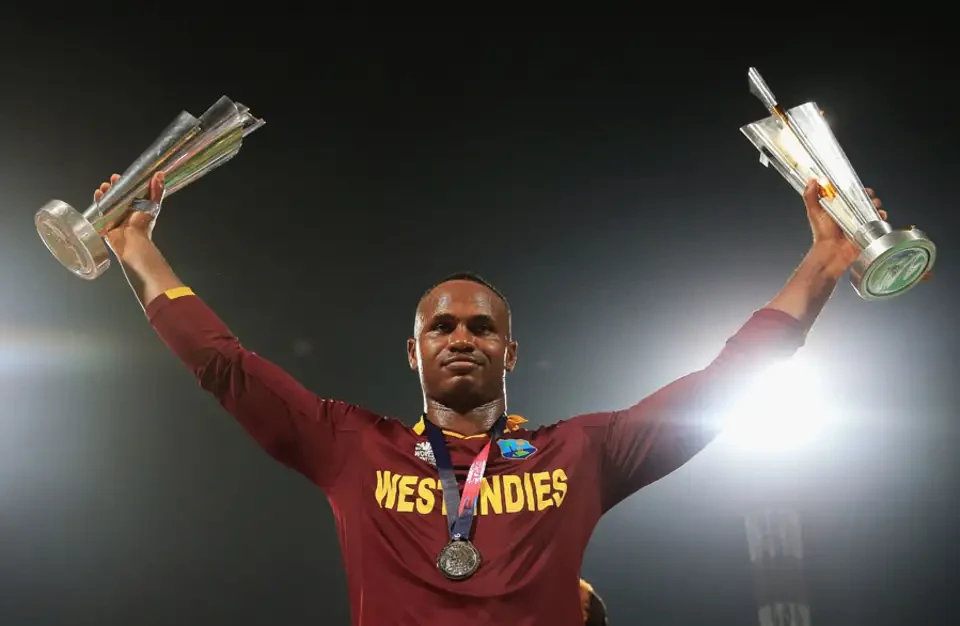
Samuels, as every Caribbean cricket fan knows, played an important role for the West Indies to win the T20 World Cup tournaments too. But before that, he was associated with some bookmakers, which marked the darkest chapter in the history of West Indies cricket. In this blog, we will be taking a detailed look at how Marlon Samuels was engaged with bookmakers and how he got exposed.
The Allegations
The allegations against Marlon Samuels emerged during the 2007 West Indies tour of India. The first ODI of this series was to be played in Nagpur, and Samuels was alleged to have passed out some important team information to the bookmakers. According to the calls traced by the Indian Police, he had made these calls to the Indian bookmaker, Mukesh Kochchar.
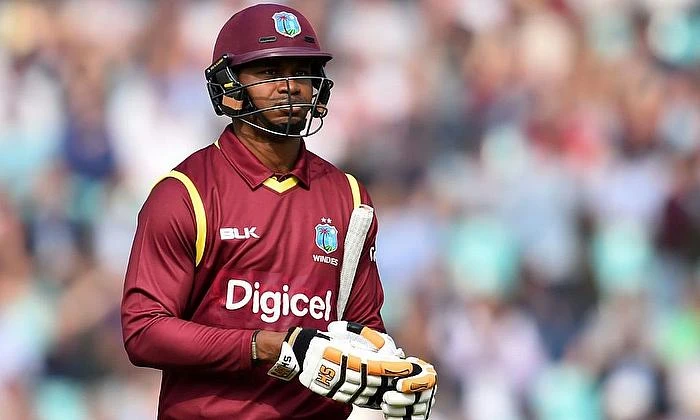
The calls, which were traced, showcased that Marlon Samuels leaked some of the team information, along with the pitch report, to the bookie over a phone call. He talked about the information, such as the Pitch report, whether the game will be high scoring or not, and which player would be making their debut for the team.
These were the allegations put over to both the bookmaker and Samuels, but they tried to deny it. However, Marlon Samuels was later also alleged to have taken 1238 US dollars from the bookmaker at that time to stay for a few more days in a hotel in Mumbai. With these rumours and reports going viral all over the players and fans, it also reached the ICC and the West Indies Cricket Board.
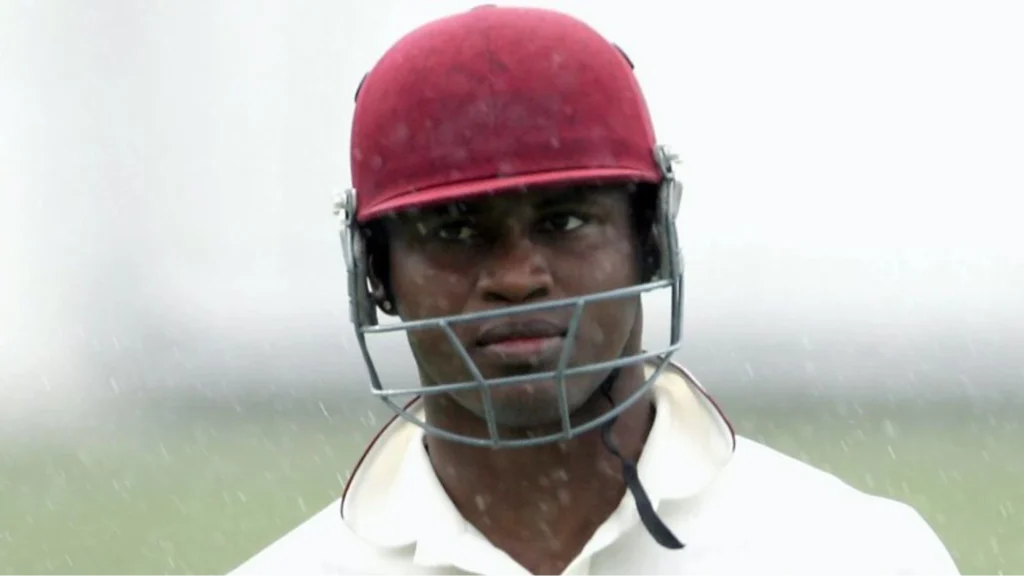
Before the involvement of the ICC, the WICB decided to check the matter on their own, as they decided to start the investigation based on Clause C4(ix). This clause means that the player is taking any benefit which could, in turn. bring them or the game into disrepute.
The Investigation: WICB Disciplinary Committee Review
The Anti-Corruption and Security Unit of ICC stepped into the picture, and they started investigating the matter involving Marlon Samuels and the bookie, Mukesh Kochchar. The evidence for this incident was gathered by the ACSU committee under Hon. Michael Beloff QC, and it was eventually sent to the West Indies Cricket Board.
Now, it was time for the WICB to hold a meeting regarding the same and pass the decision in a tribunal. The hearing, which took place in May 2008, was chaired by Justice Adrian Saunders, who was assisted by Prof Aubrey Bishop, Dr Lloyd Barnett. Along with them, a few representatives of Marlon Samuels were also present.
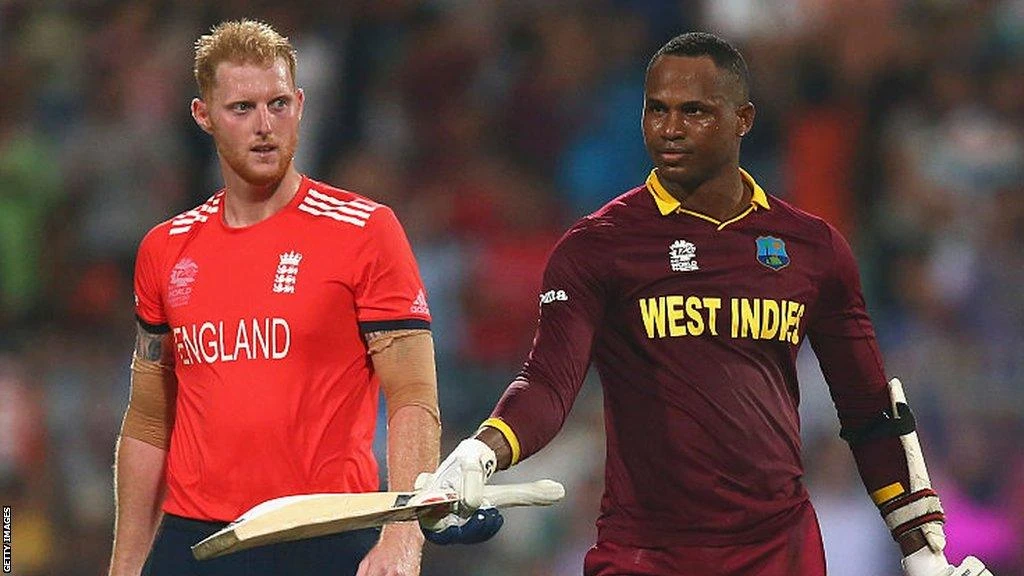
Further, the evidence was presented in front of the tribunal, which revealed that Marlon Samuels had some communications with the bookmaker ahead of the game. Although he was not proven guilty to have giving team or player information, it was confirmed that he took advantage of the hotel and money from the bookie, which was enough to warrant a punishment for the star player.
Sanction: Two‑Year Ban
The West Indies Cricket Board was quick enough to find Marlon Samuels guilty of being in connection with the bookmaker and also accepting funds for a hotel stay. Thus, he was given a ban on 9 May 2008, for two years, which became immediately effective from the same date. With this ban, he didn’t play any official or unofficial matches under the WICB and ICC.
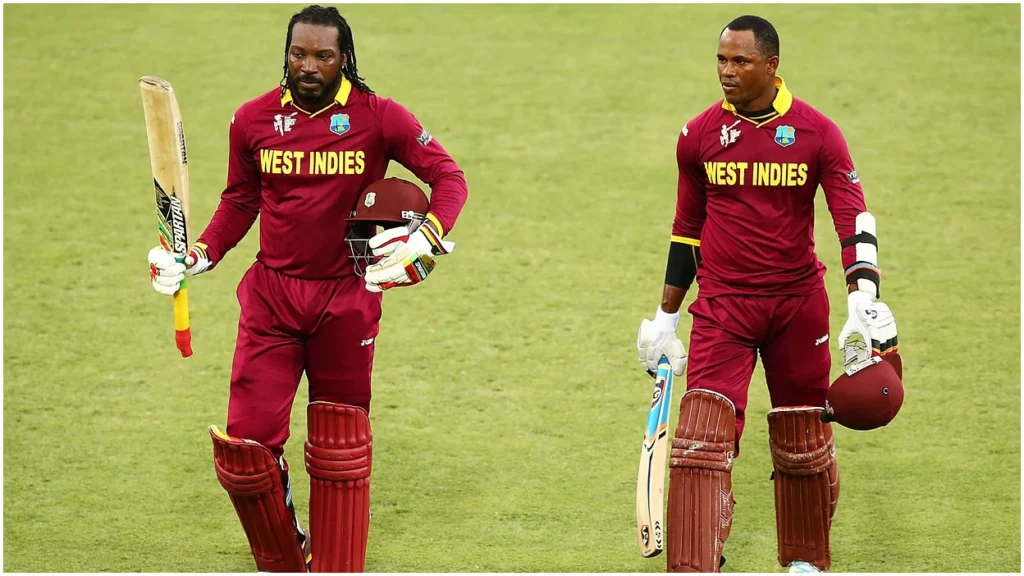
Soon after the WICB announced his ban, the ICC also issued a public statement regarding the same. They said that the ban is much less than the severity of the issue, but all the Full Member teams decided to lower his suspension. In a few weeks, the ICC also checked all the evidence and processes taken by the WICB tribunal. It was also verified that the process took place according to the ICC terms and conditions.
With this ban, Samuels lost two years in cricket, which could have also been his prime years in the game. During the suspension period, the WICB officials also confirmed that they are working with Marlon Samuels to help him deal with the stress he suffered during the ban. He also tried defending himself in the media interviews, denying his involvement in any of the matter of passing the team’s information.
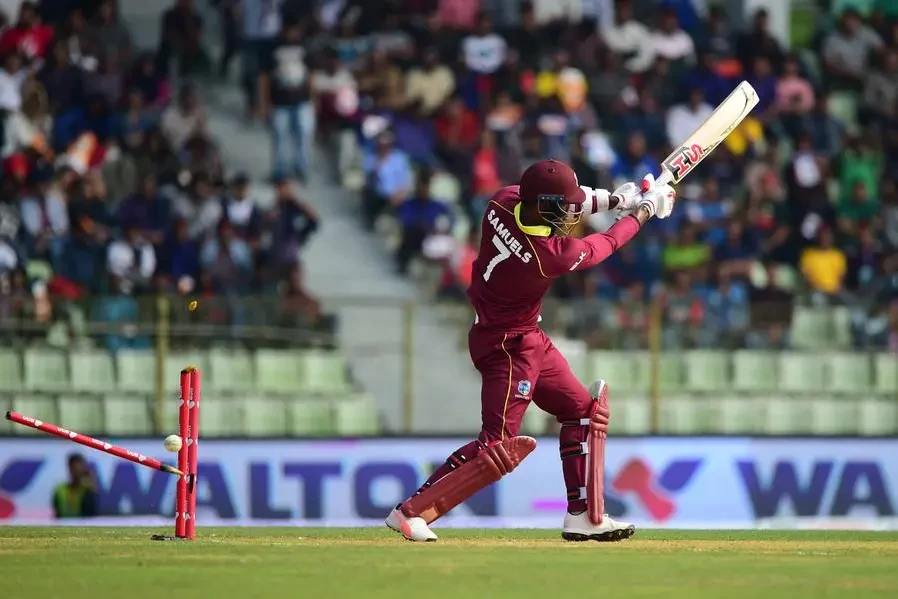
Marlon Samuels also said that despite the suspension, his passion for the game continued, as he practiced with a bowling machine to work more on his batting skills. When his suspension came to an end, he still denied playing in the 2011 World Cup, saying that he wanted to focus more on the game and improve himself. Thus, Samuels continued playing in the domestic matches to improve his performances and prepare for a stronger comeback.
Return to Cricket: Comeback and Career Revival
The ban put on Marlon Samuels came to an end on 9 May 2010, after which he was available to play for the West Indies. Even though he missed out on the 2011 World Cup, he was still able to perform well across the bilateral series, dominating across every country. By early 2011, Samuels had also regained his form, which helped him to also play for the team in the T20 format.
He played a crucial role for the West Indies in the 2012 T20 World Cup, where he emerged as the top scorer for the team with 230 runs in 6 matches at an average of 38.33. This also includes a half-century in the final match against Sri Lanka, which propelled the West Indies to win the title, and Samuels was ultimately given the Player of the Match award.
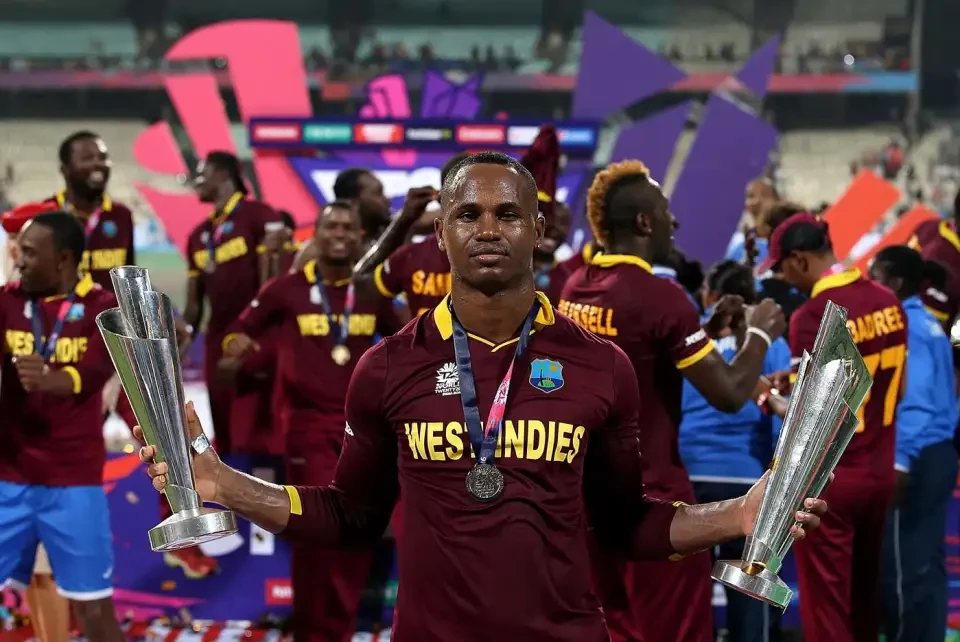
Marlon Samuels was also the key player for the West Indies in its last T20 World Cup title win, which came back in 2016. In the final match against England, he played an impressive innings, scoring 85 runs off 66 balls, which helped the West Indies to win the title, and this time also Marlon Samuels was the Player of the Match.
Beyond the Ban: Impact on Legacy and Public Perception
Even though Marlon Samuels finished his career as one of the best all-rounders for the West Indies, the ban he faced in 2008 is still considered one of the darkest chapters in his career. Various fans and critics also say that being involved in such actions was unexpected from a player like Marlon Samuels, who was responsible for representing his country at the international stage. But after the comeback, his performances for the West Indies in the 2012 and 2016 T20 World Cups were crucial, shutting down all the critics.
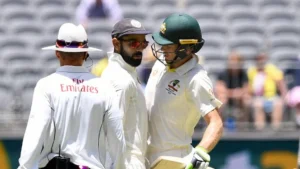
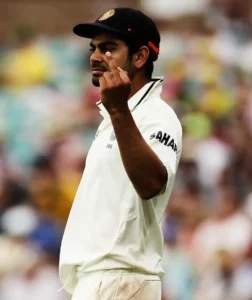
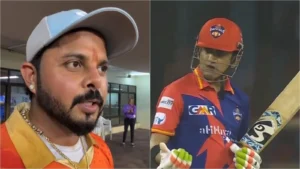
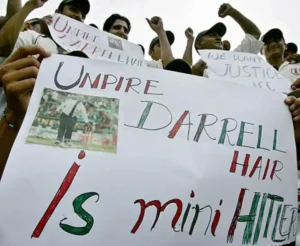
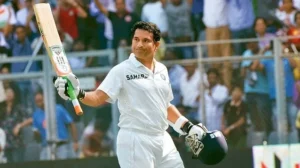
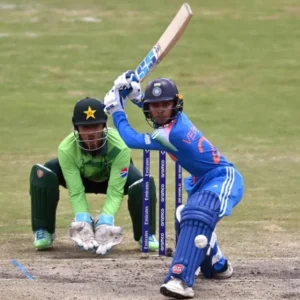
Comments